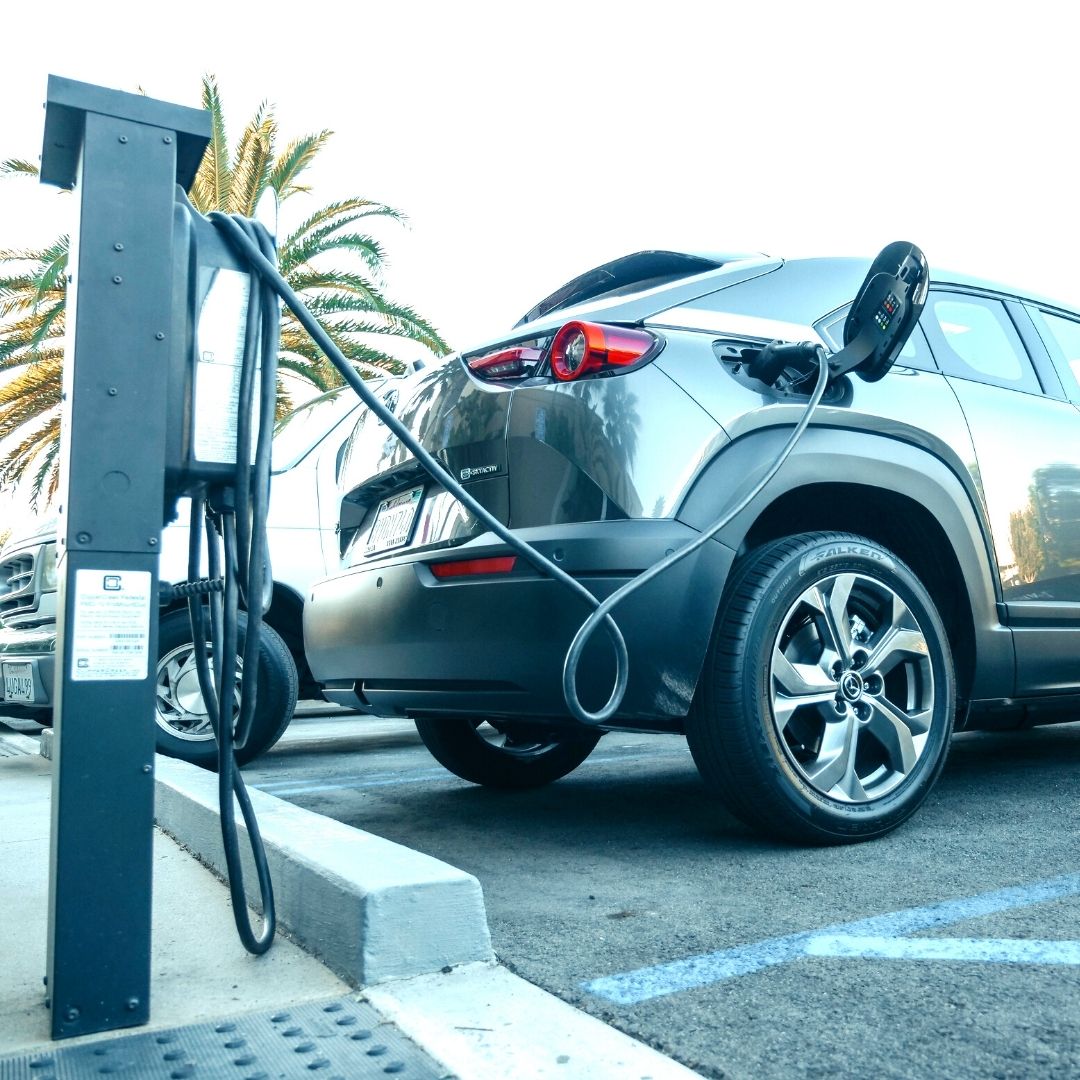
Photo Credit: Pexels (Representational)
Maharashtra Records 153% Rise In Sale Of Electric Vehicles In 1 Year
Writer: Harshitha V
She is currently pursuing my Masters in Media and Communication Studies at Christ Deemed to be University, Bengaluru. She is passionate about writing and pushing my boundaries with words. She is also keen on capturing visuals and emotions and am drawn towards photography. She having studied in the humanities field for five years, media has always been that one field that she would love to plunge deeper into and gain more insight into its functioning.
India, 29 Dec 2021 10:12 AM GMT
Editor : Snehadri Sarkar |
While he is a massive sports fanatic, his interest also lies in mainstream news and nitpicking trending and less talked about everyday issues.
Creatives : Snehadri Sarkar
While he is a massive sports fanatic, his interest also lies in mainstream news and nitpicking trending and less talked about everyday issues.
With 57,386 e-vehicles registered so far in Maharashtra, it is indicated that the numbers will cross one lakh in the next few months.
Maharashtra saw a boom in electric vehicles in the first nine months of the financial year 2021-22. The registrations of electric vehicles soared high to 153 per cent in the state and 112 per cent in Mumbai. Between 2020-21, 9,415 electric vehicles were registered, and in the year 2021-22, the registrations shot up to 23,786.
The total number of electric vehicles registered so far in Maharashtra is 57,386. There are indications that it will cross the lakh mark in a few months, officials said, as reported by the Times of India.
Statistical View
Mumbai had 1,442 registrations in 2020-21, and in the first nine months of 2021-22, registrations doubled to 3,059 electric cars and two-wheelers. The total number of electric vehicles in Mumbai is around 6,000. Plans are underway for 1,500 new electric vehicle charging stations in the Mumbai area. The government wants to ensure that 10 per cent of new vehicle registrations are electric vehicles.
Transport expert Pranav Naik, "Our government must examine the sustainability of this system by ensuring that electricity generation is largely from sustainable sources and not from coal, gas, and thermal energy. As is currently the case. They should also strengthen public transport so that more people travel in shared e-vehicles."
Urban transport activist Gaurang Vora praised the growth of electric vehicles, saying there was the visibility of electric scooters and electric cars with green license plates on the road. "Environmentally friendly fuel modes are the need of the moment. The government should increasingly facilitate the use of electric vehicles by providing subsidies for their purchase. This will further reduce pollution," as reported by EQ International.
Future Of E-vehicles In India
In 2017, India's Transport Minister Nitin Gadkari said he wanted only electric vehicles on Indian roads by the end of 2030, an impossible target that he has since revised. The plan is to have 30 per cent of private cars, 70 per cent of commercial vehicles, 40 per cent of buses, and 80 per cent of two and three-wheelers go electric by 2030.
The two and three-wheelers are nearing to reach the target, where the electric alternatives account for nearly half the sales in both categories in the financial year, 2020-21, as reported by the BBC. Hero Electric, India's biggest manufacturer of battery-powered scooters, has also called for sales of gasoline-powered two-wheelers to stop by 2027.
Also Read: Andhra BJP President Somu Veerraju Promises Liquor At Rs 70 If Party Gets 1 Crore Votes In Elections
 All section
All section













